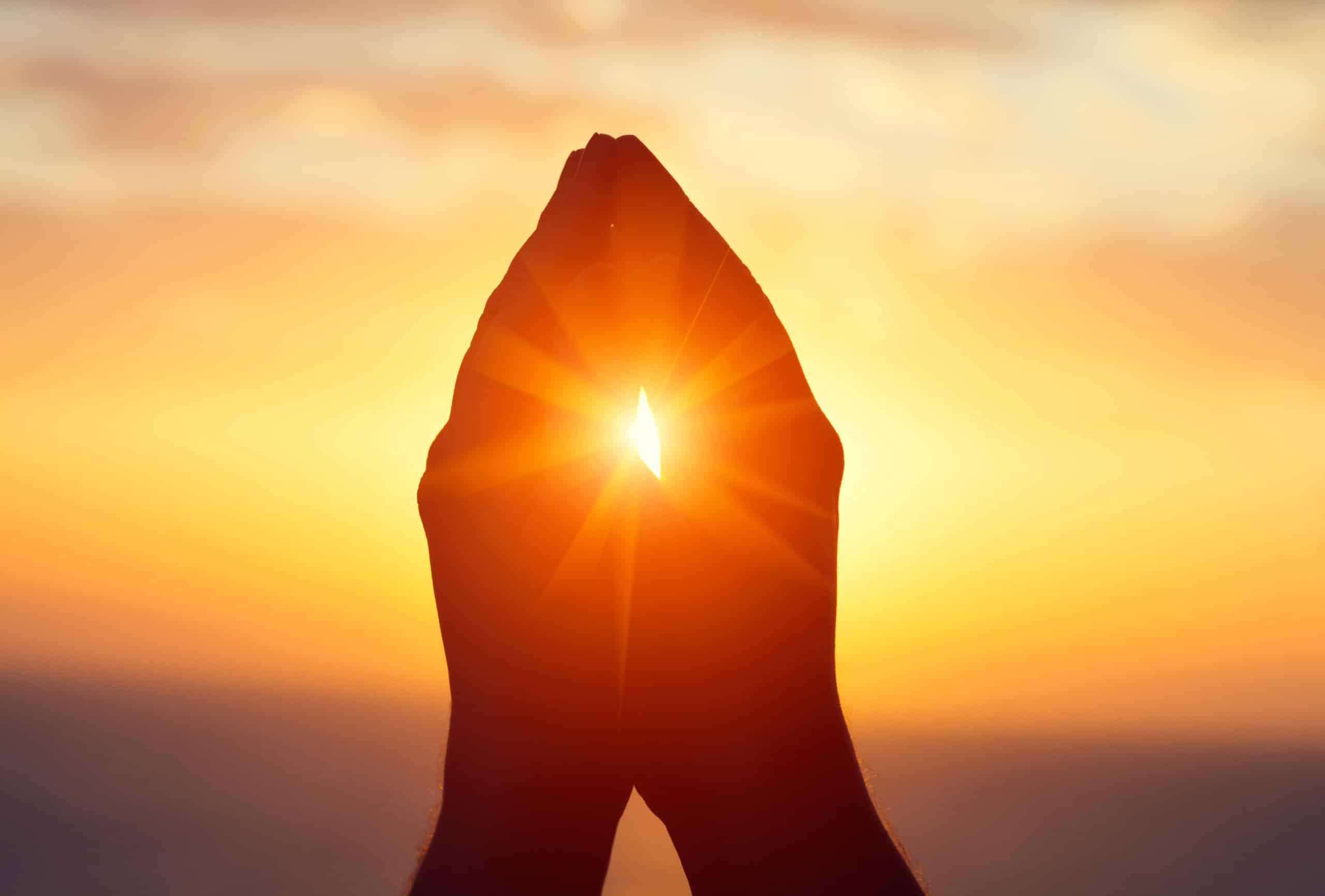Why would those who are immortal need to eat from the Tree of Life as stated in Revelation?

Revelation is a highly symbolic book, Chapter 22 being no exception. For example, verse 1 of that chapter speaks of “a pure river of the water of life.” We believe the “pure river” represents the blessings of refreshment and restitution.
The “water” represents truth as well as people. Verse 2 tells us that on either side of the river was the tree of life, which bore twelve kinds of fruit, and yielded the fruit every month, and the leaves of the tree were for the healing of the nations.
“The tree of life” (Greek xulon) denotes plurality, thus signifying a grove of trees. We believe that twelve kinds of trees in this grove of life bear twelve kinds of fruit. The clause “and yielded her fruit every month” indicates the trees bring forth new (fresh, not different) fruit every month.
What are the trees? In the Bible “trees” represent either good or bad individuals who have reached maturity. (See Matthew 7:17.) In contrast, those who are immature are symbolized as “grass.” (See Revelation 9:4.)
Therefore, we believe that the “trees” in verse 2 represent the most mature individuals, the Little Flock, the Bride of Christ in heaven. The leaves and fruit are the sum of the graces of the Spirit.
Why twelve kinds of fruit-bearing trees? The answer would be to nourish the twelve kinds of personality types of mankind. The particular saint assigned to a particular person in the Millennial Kingdom will possess not only the same personality trait, but also a similar background in regard to a previous need, which was corrected through overcoming experiences during this stage of the development of the church.
Furthermore, the life, profession, and example of the twelve Apostles and the 144,000 “trees” assume yet another dimension. The purpose of the leaves is to heal and restore the sin-sick and to remove and prevent the return of evil. The leaves, therefore, represent instruction and admonition of medicinal value along disciplinary lines.
Why then, would overcomers who are immortal need to eat of the tree of life as they are directed to do in Revelation 2:7? Is there an apparent contradiction?
“He that hath an ear, let him hear what the Spirit saith unto the churches: To him that overcometh will I give to eat of the tree of life, which is in the midst of the paradise of God.” One of the trees in the midst of Paradise in Eden was called “the tree of life.”
We believe that Jesus in speaking to the Church at Ephesus, as well as all overcomers during the current stage of the church, is figuratively referring to this tree and not the tree of life mentioned in Revelation 22:2.
In Revelation 2:7 Jesus is not so much emphasizing the necessity to partake of food to sustain life in heaven but is, rather, indicating the need for the Christian’s restoration to the “garden” of God’s favor in the present time. The lesson is one of renewal to fellowship with God, of a reinstatement of divine favor, of access to a former relationship, of recovery from a fallen to an upright status.
Therefore, by prompt and proper deeds of repentance, the Christian may attain his former spiritual condition of favor and harmony with God and His Savior, and ultimately receive the inheritance of the saints (immortality). “The paradise of God” mentioned in verse 7, not only represents the earthly condition that will be restored, but it also applies in a figurative sense to the glorious heavenly position God has for the Church.
Do overcomers in the Church need to eat of the tree of life now as is mentioned in Revelation 2:7? Yes, they do if they hope to achieve immortality in heaven later.
To learn more about those in the church listen to, “Did Jesus REALLY Die for Everyone?”






